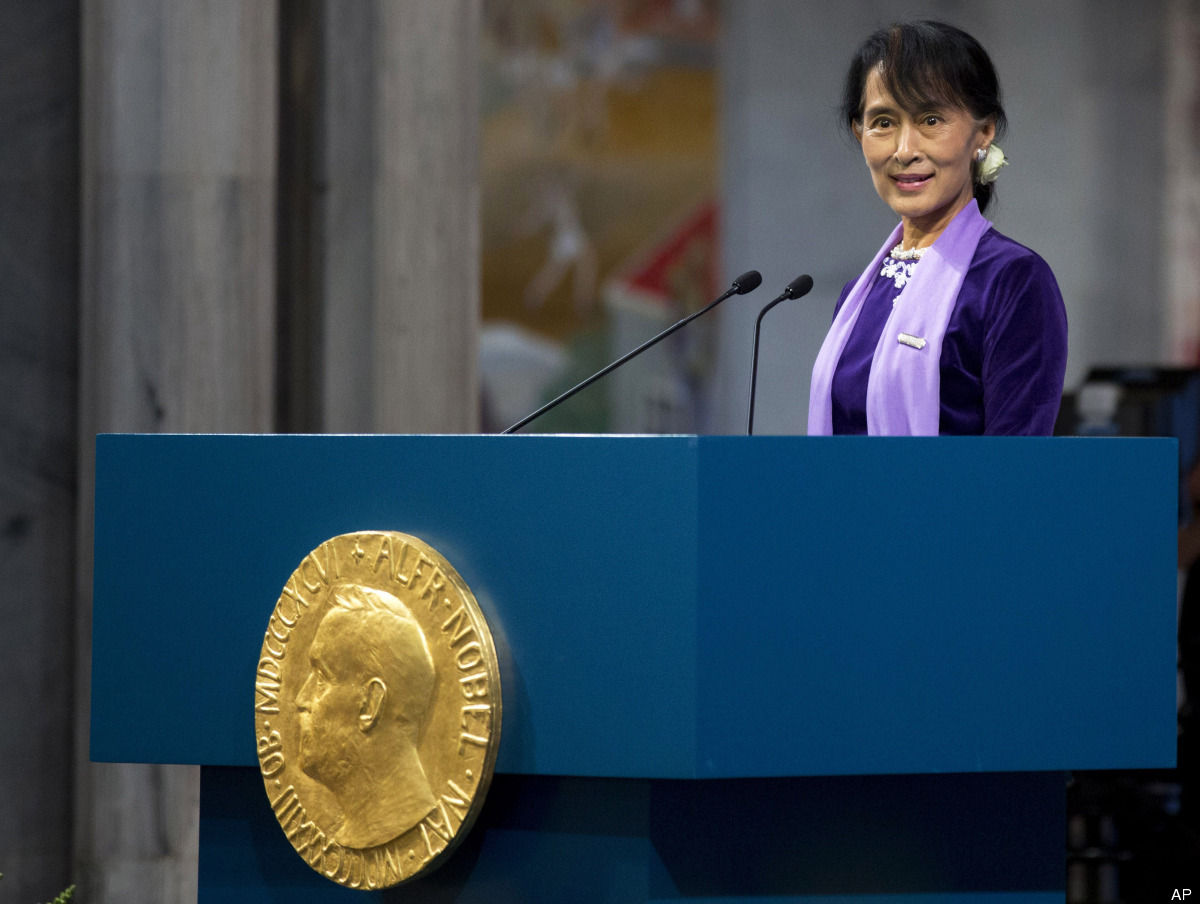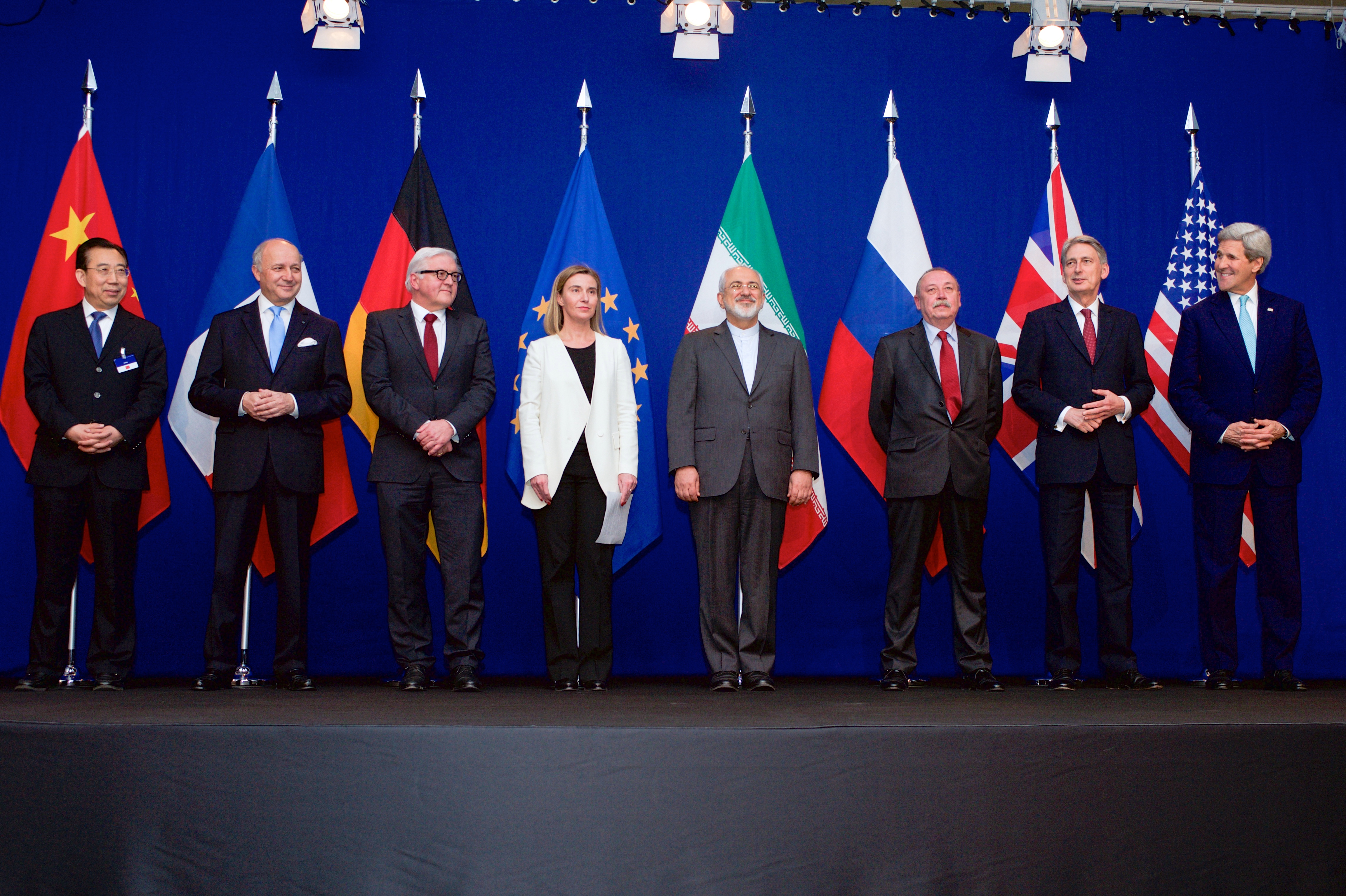Future: BBC’s report says that Aung San Suu Kyi has her aims set on an ethical, transparent, and human-rights friendly democracy and needs good investment from the world into the country. Aung San Suu Kyi, speaking about her country’s broader transformation in her Nobel speech, advocated “cautious optimism… not because I do not have faith in the future but because I do not want to encourage blind faith.”
For a sustainable future in Burma, Aung San Suu Kyi insisted that it is important to have a legitimate rule of law. For the world to come in and help, faith needs to be developed and this faith can be brought on the basis of a strong and truthful legal system.
The International Monetary Fund’s report of May 2012 highlighted key policy issues and recommendations to Burma. The priorities included establishing the market infrastructure for the planned move to a managed float, and monetary and foreign exchange policy capacity to complement plans to unify the exchange rates. Financial sector modernization remains essential to support the reform process and improve financial intermediation. Fiscal policy priorities include ending deficit monetization, reprioritizing spending, and increasing non-resource revenues for development spending within a medium-term fiscal framework. Structural reforms should aim to increase agricultural productivity and foster private sector development.
[captionpix align=”left” theme=”elegant” width=”320″ imgsrc=”http://www.indexoncensorship.org/wp-content/uploads/2012/03/Aung-San-Suu-Kyi-Demotix-BY-MASSIMO-VIEGI1.jpg” captiontext=”Aung San Suu Kyi gives a speech at The United Nations International Labour Congress in Geneva on 14 June, 2012.”]
The World Bank (WB) has promised to help Burma in its quest for sustained development and alleviation from poverty; however Burma has to also clear its longstanding debt of $776 million to the institute. The WB insists that strengthening economic infrastructure will be an important foundation to help the government deliver services to the people and to create opportunities for the private sector. “The Bank is committed to working with all stakeholders, including the government, private sector, development partners, and civil society organizations to encourage social accountability, transparency, and open communications in Burma. Such broad stakeholder consultations are an integral feature of the work of the World Bank.”
Now it is important to see how events unfold in Burma for Aung San Suu Kyi and the amount of freedom she is given by the junta to help Burma come out of poverty. It also needs to be seen how the world responds to her call of economic help.




